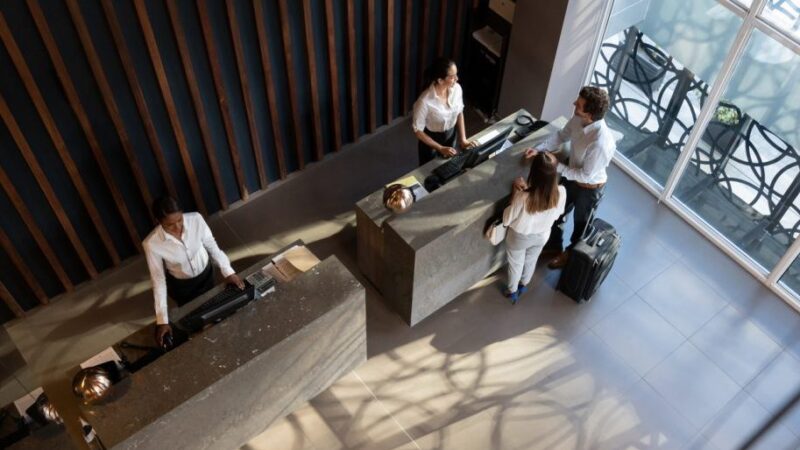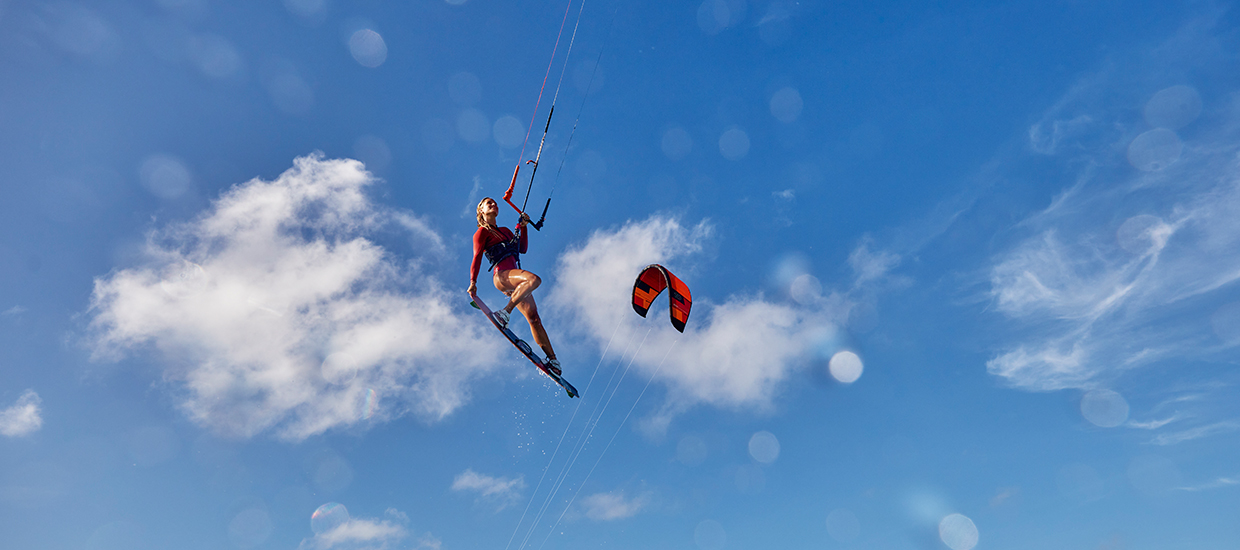US Vaccine Distribution Accelerating Recovery for Hospitality Industry
New research shows industry is expected to rebound much more quickly than previously thought
June 1, 2021


The US lodging industry is on a course of regaining strength and now seeing early signs of an accelerated recovery — welcome news for the business travel industry. In a November report by PwC, it was assumed that COVID-19 new cases and spikes would increase the length and severity of the pandemic. However, the mid December announcement in the US of emergency use authorization for three COVID-19 vaccines has greatly helped turn thing around.
The implementation of three vaccines has positively impacted the recovery timeline and earlier than expected, the report says. Research by PWC offers reason to expect annual occupancy for US hotels this year to increase to 57.2 percent, and average daily room rates to increase 8.0 percent, with resultant RevPAR up 40.1 percent from last year. RevPAR is expected to finish the year at approximately 74 percent of pre-pandemic levels. Key findings:
- Despite increasing vaccinations (35 percent of the US population was fully vaccinated as of May 11, 2021) and consumer optimism, lodging’s recovery is expected to remain uneven.
- PwC forecasts the vast majority of temporarily-closed hotels will have reopened by 2022 and demand growth will continue to improve as the economy strengthens. Occupancy and ADR experience continued growth, resulting in a year-over-year RevPAR rebound of 15.2 percent, or approximately 85 percent of pre-pandemic levels.
- As hotel owners began to gain confidence that the rollout of vaccines has started to tamp down the virus, April unemployment for the hotel sector improved to 13.8 percent (from 19.9 percent in March) compared to the US overall rate increasing slightly to 6.1 percent (from 6.0 percent the prior month).
Meanwhile, media and pundits continue to mark the slow rise into a post-COVID era with the mantra, “business travel is coming back.” A recent Wall Street Journal article sounded that note pointing to the slow but steady return of high-profile events, such as the TED conference returning in-person formats, and industry trade shows coming back to the Las Vegas Convention Center this month. In a survey by the U.S. Census Bureau conducted in May, 35 percent of small-business owners said they expect to have travel expenses in the next six months, up from 31.5 percent in April and 26.5 percent in mid-February, the Wall Street Journal reported.

Even STR, which over the past year bore the bad news analyses wreaked by the stiff drops in occupancy the hotel industry suffered, upgraded its forecasts for the months moving forward.
“The next stage of the U.S. travel recovery has commenced,” said Adam Sacks, Tourism Economics president at STR. “An effective vaccine rollout and generous fiscal stimulus is driving the fastest single-year economic expansion in nearly 40 years. Leisure travel demand is gathering strength with substantial recovery in sight for many markets. However, transient business, group and international travel face continued headwinds…”
“The expectations for the upcoming summer months have been strong for some time, but the year got off to a better start than anticipated as vaccinations expanded and consumers flush with savings felt ready to jump back into the experiences that were put on hold over the past year,” added Amanda Hite, STR president. “What remains furthest off from meaningful recovery is group business, but there is hope for upward movement in that segment as more events get back on the books.”
All that bodes well for hotels and resorts, which will take whatever good news may be available. And many business travelers say they are ready to take those trips and once again check into those hotels. In a survey operated by SAP Concur, nearly all of business travelers polled said they were willing and motivated to get back to traveling this year.




